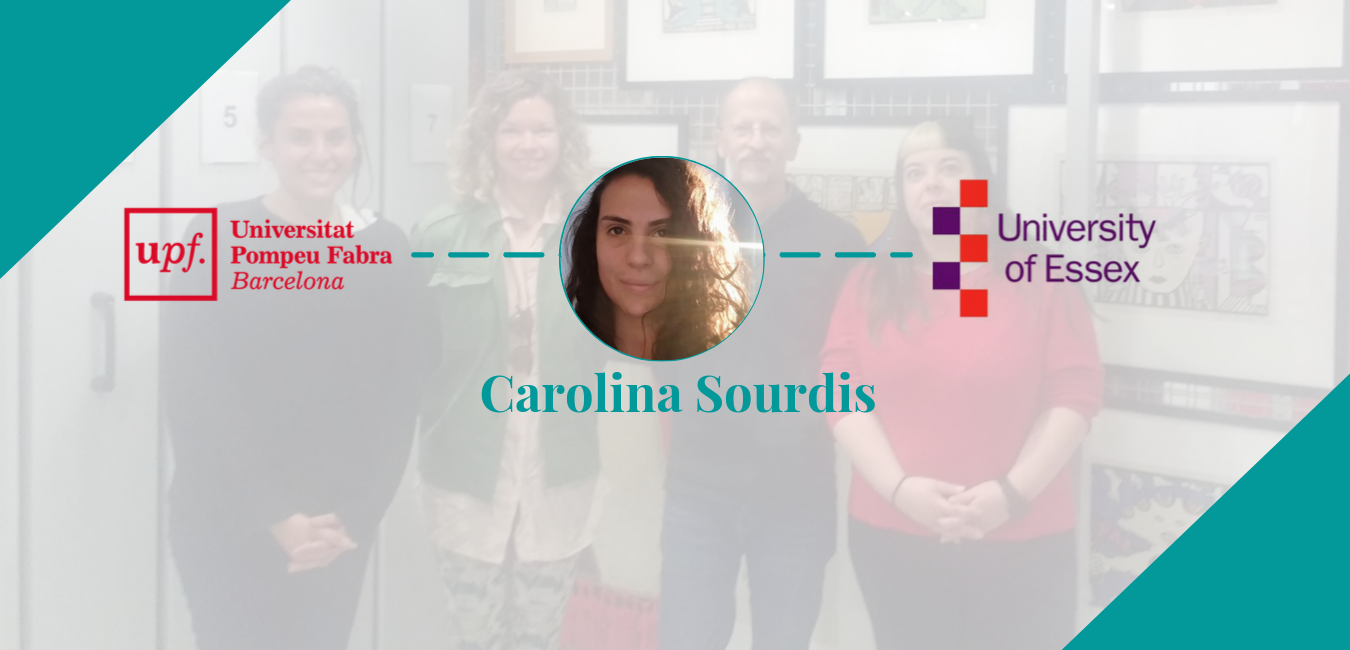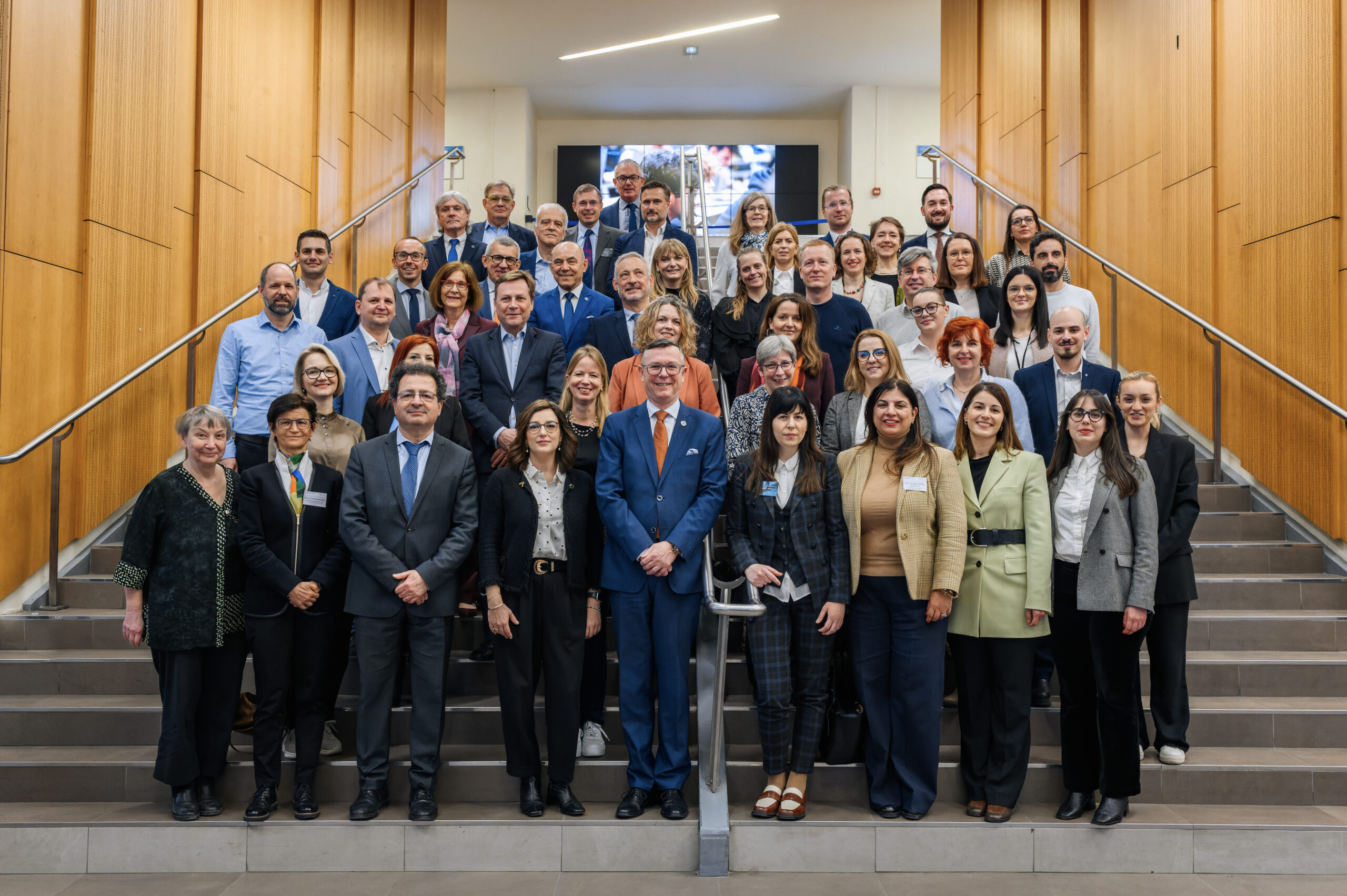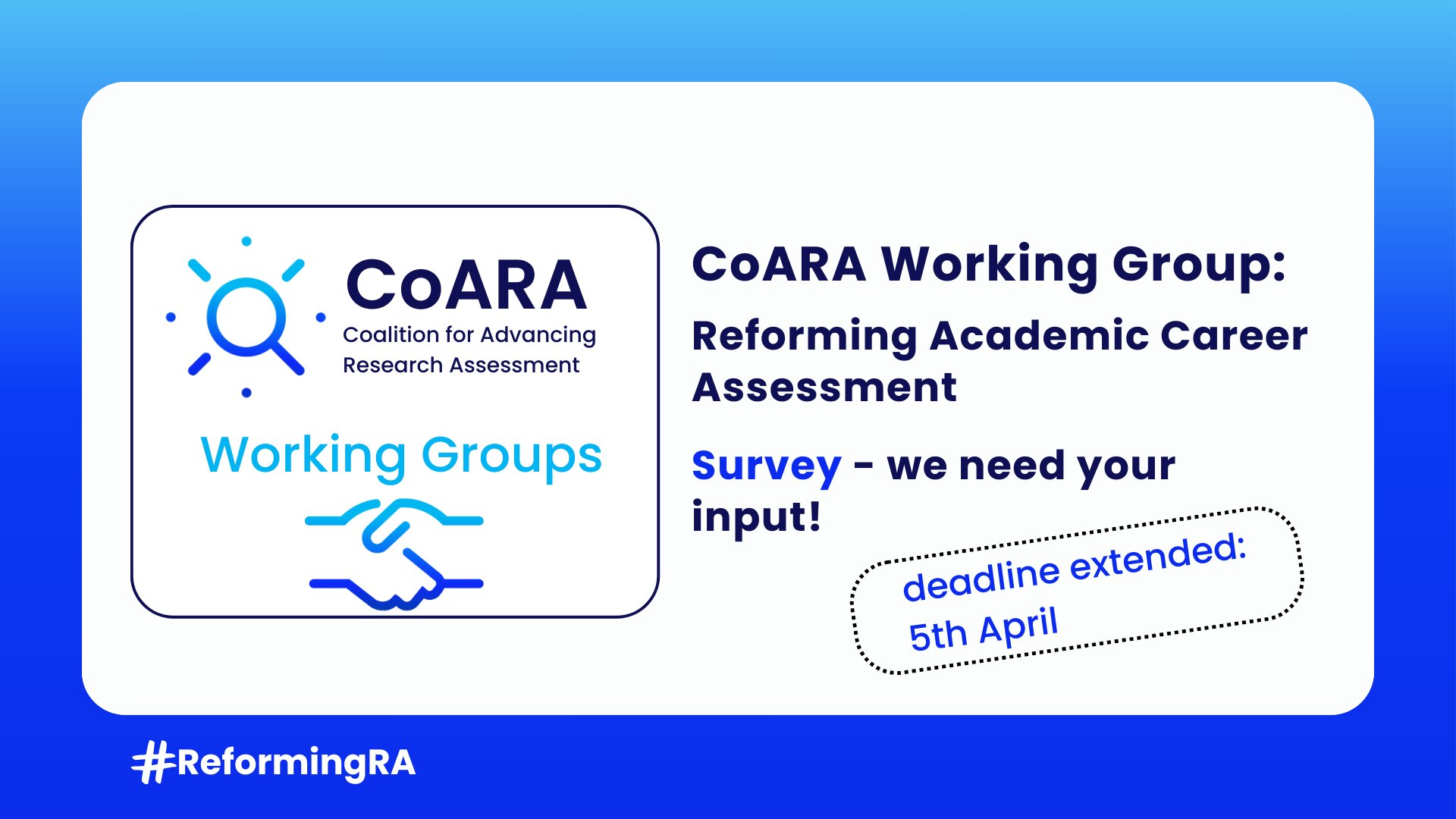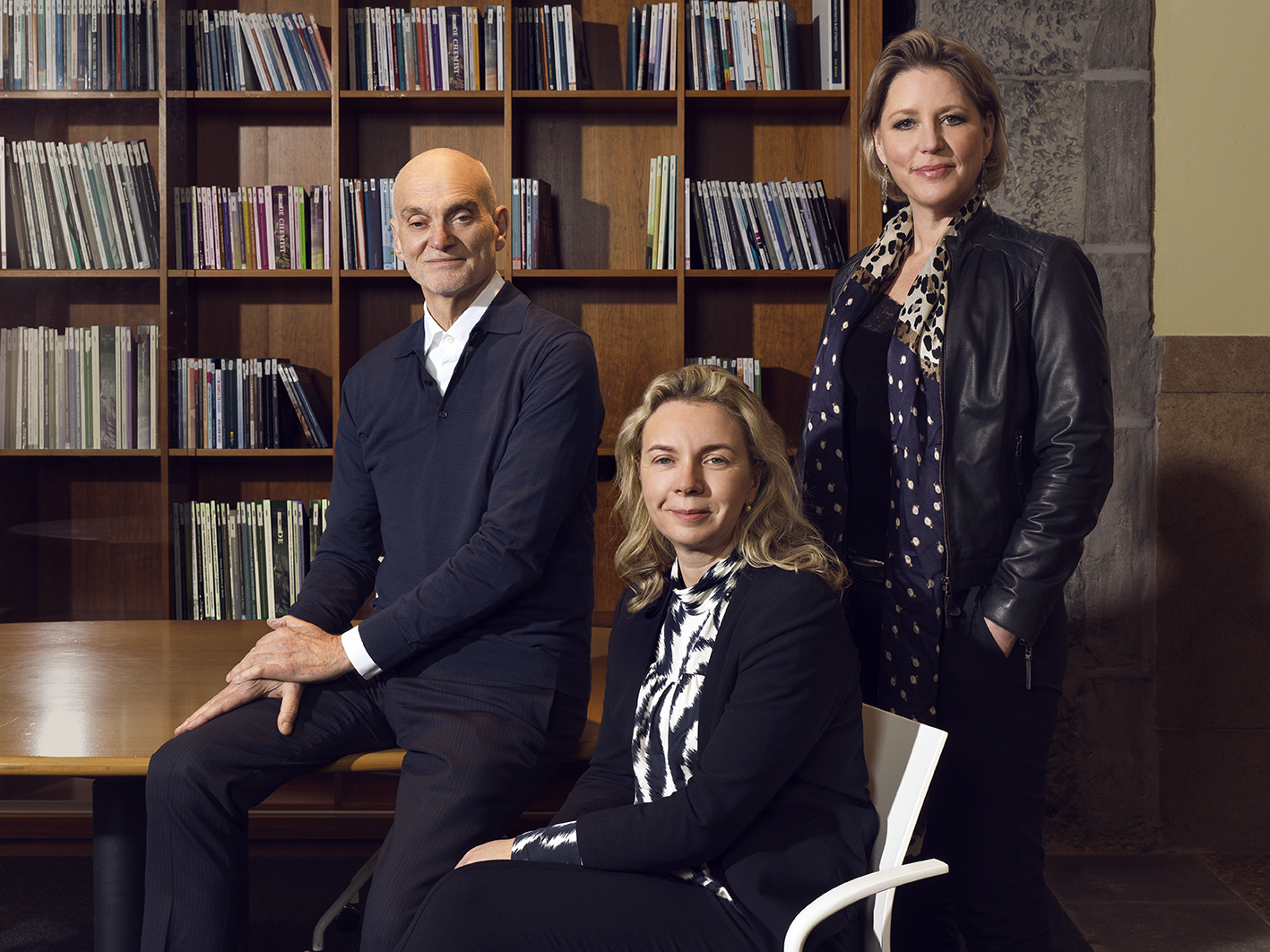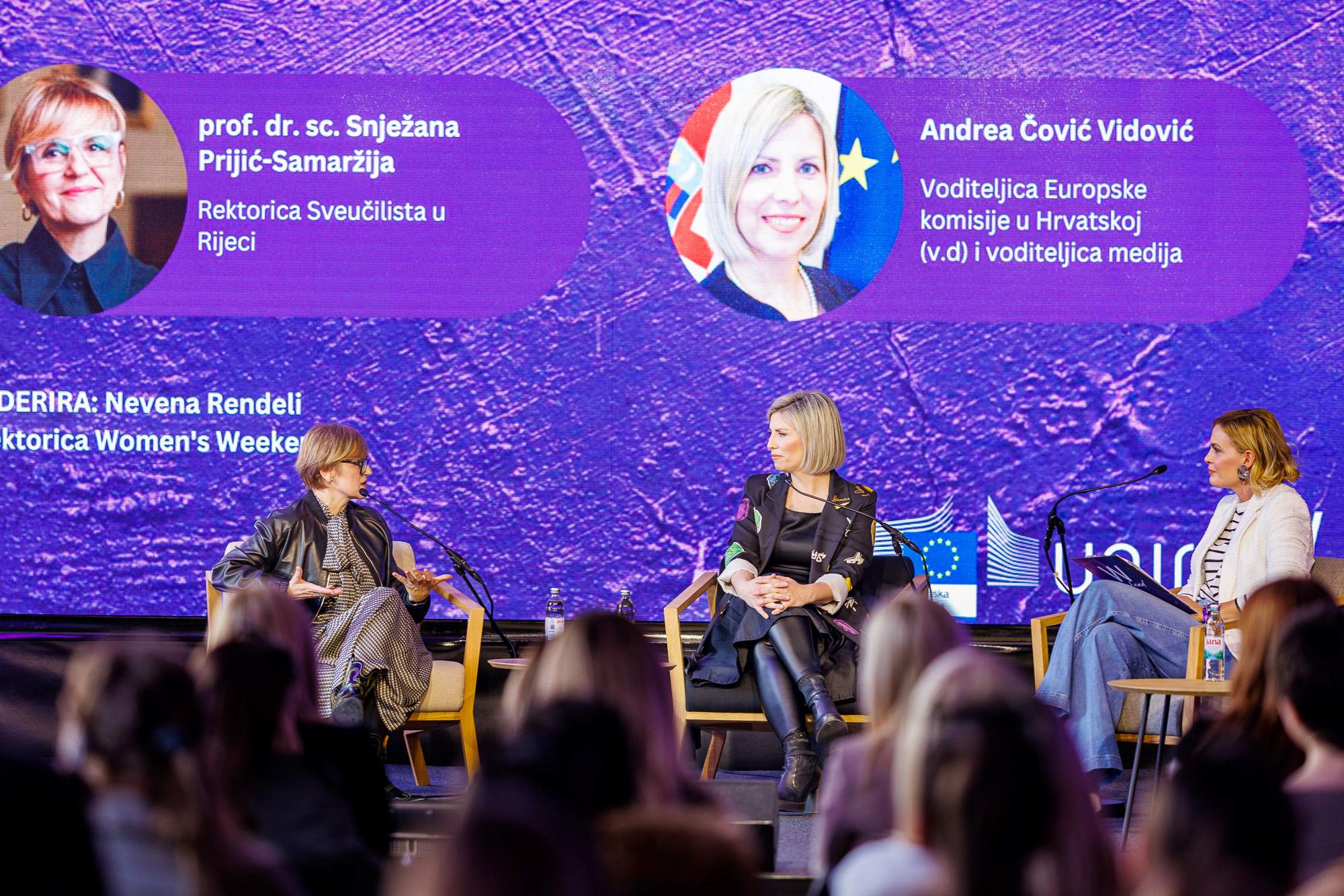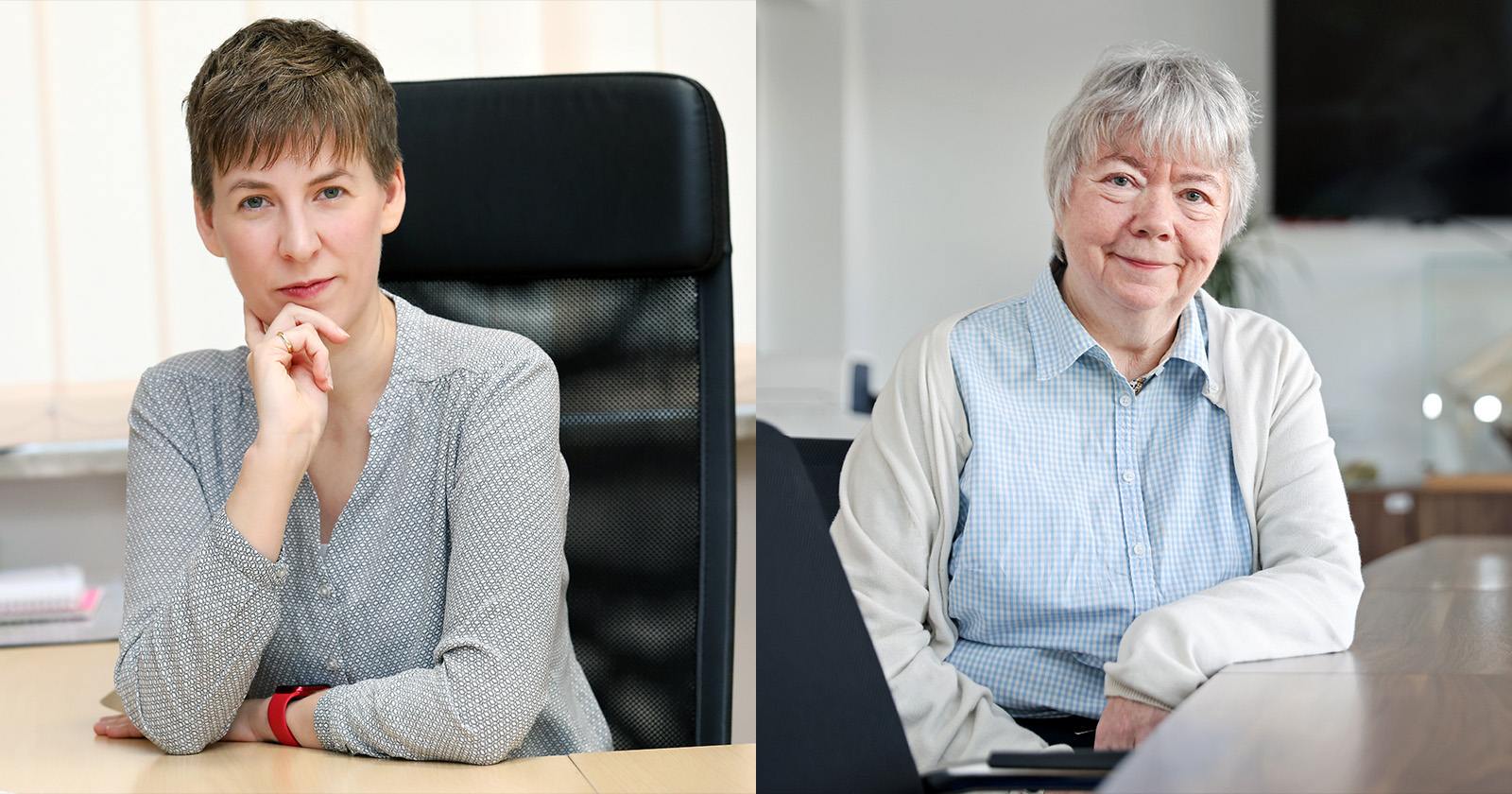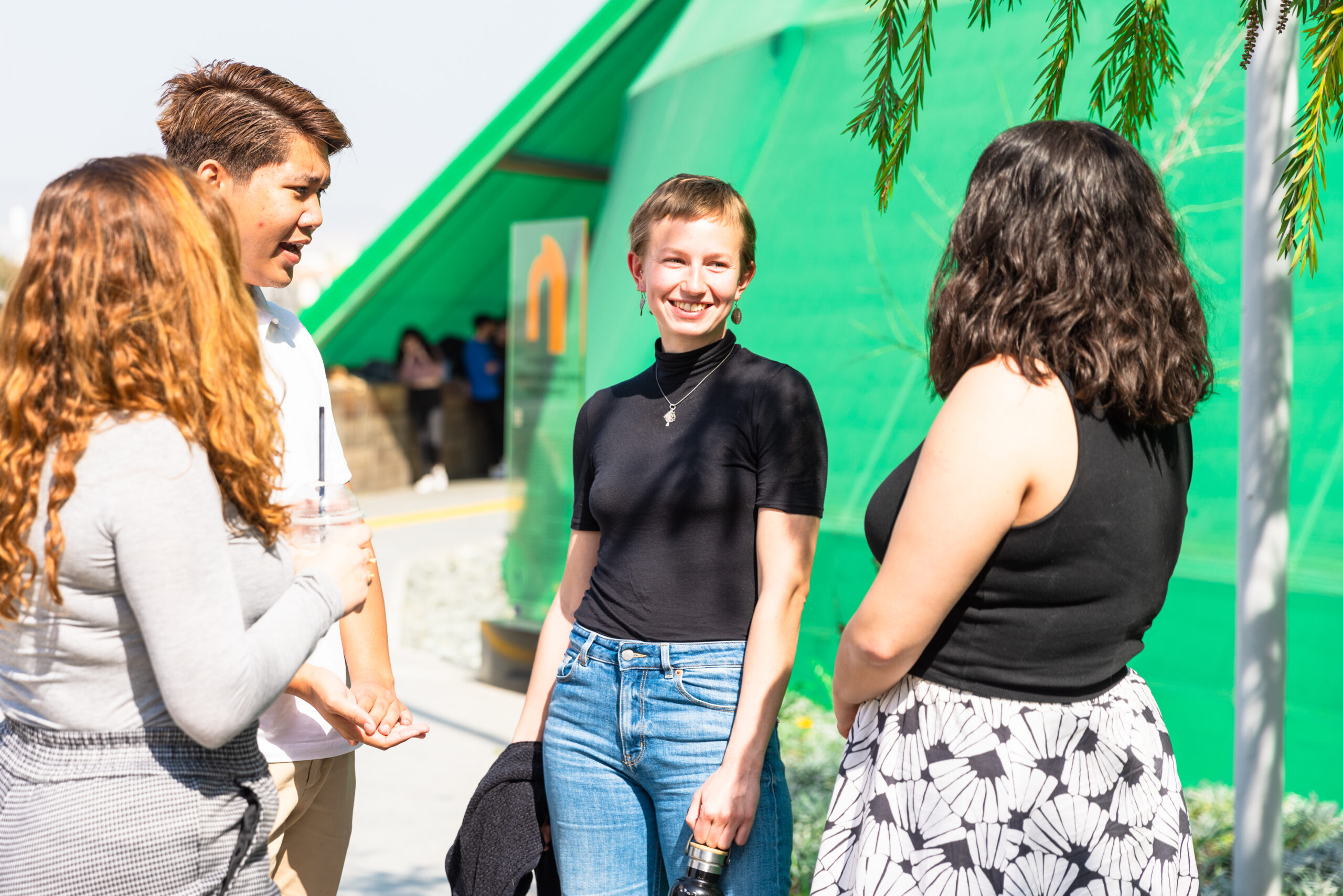Thanks to YERUN Mobility Award I had the chance to do a short research stay in the Department of Philosophy and Art History at Essex University with Dr. Lisa Blackmore. We got to discuss the theory and practice of filmmaking regarding memory studies in contexts of transitional justice.
I’m currently working on visual-based research methodologies in the field of visual and memory studies, taking as a case of study Colombian visual production during the ’80s. My visit at Essex University was a very enriching experience, considering that the school develops a lot of interdisciplinary projects and therefore offers a wide array of perspectives regarding possible feedback. I had meetings with people from the Human Rights Centre, the Sociology and Film-making Department, and the Chief and Assistant curator from the ESCALA Collection – the biggest collection of Latin American Art in the UK – that, through several forms and materials, addresses the problems of collective memory, violence, and oblivion. Furthermore, I had the opportunity to meet a Colombian Artist that was also doing a mobility at Essex and we had a very interesting exchange of ideas and possible research projects.
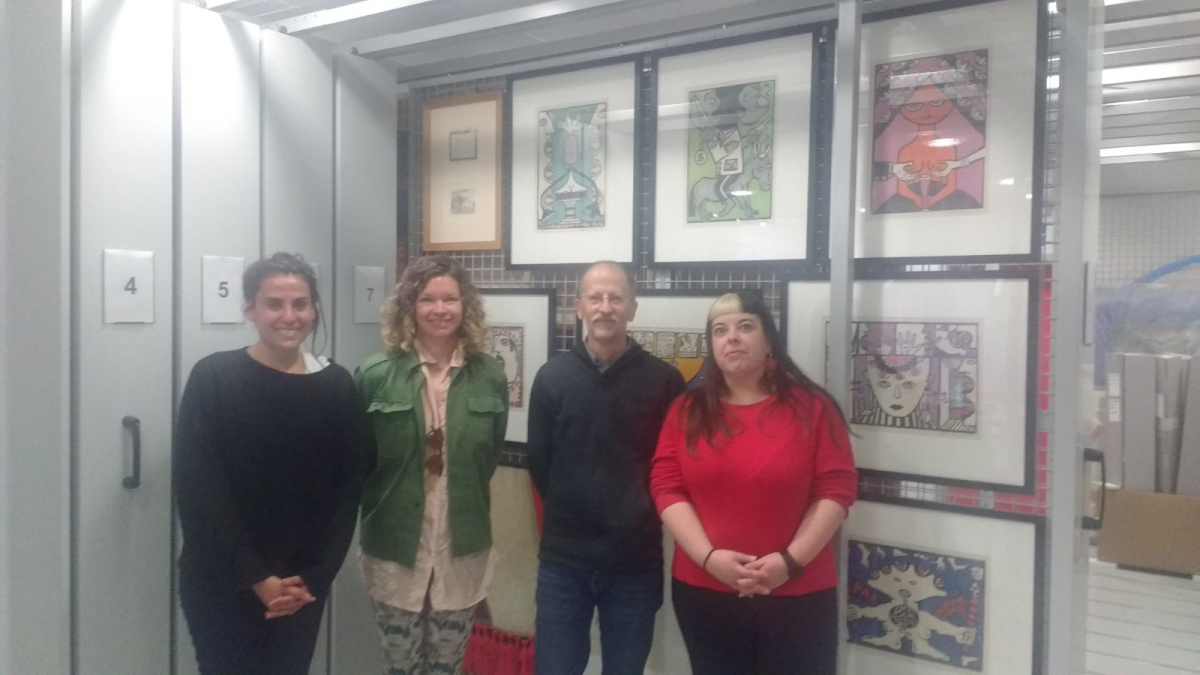
Carolina recently achieved her Ph.D. in Film Studies at Pompeu Fabra University (January 2018) with a dissertation on the essay film as dialectics of film creation (Cum Laude Mention). Her main research interest lies in the intersection between art theory and practice, to explore visual-based research methodologies, particularly applied to the critical interpretation and dissemination of processes of memory construction in post-traumatic contexts through complementary scholarly outcomes (audiovisual production, data sharing through digital platforms). Her field of expertise combines filmmaking and film curation, with qualitative analysis and ethnographic and comparative studies from an interdisciplinary/intercultural perspective. Currently, she is developing the first stage of a new project which entangles the notions of archive, montage, and history through contemporary Colombian visual production, focusing on art and film compilation practices. This research is intended to document and analyze the disruptions of visual thinking in hegemonic historical narratives in Colombia, to stress the pedagogic potentials of visual experience regarding cultural history dissemination in transitional and peace-building environments. The second stage of the project contemplates the creation of an open digital and hypertextual archive, intended to work as an online tool to share visual-based research methodologies regarding history and memory construction in post-traumatic contexts.
Click here to access Carolina’s ORCID and here to read her latest publications.

